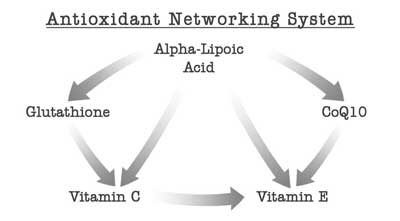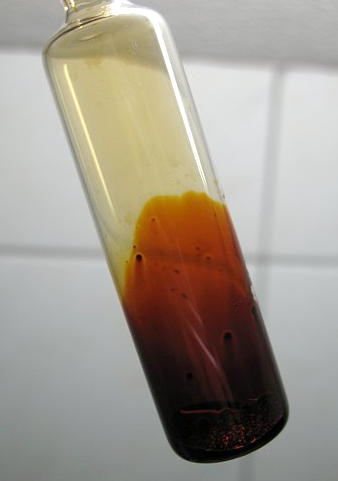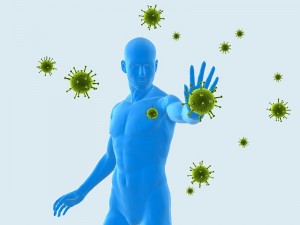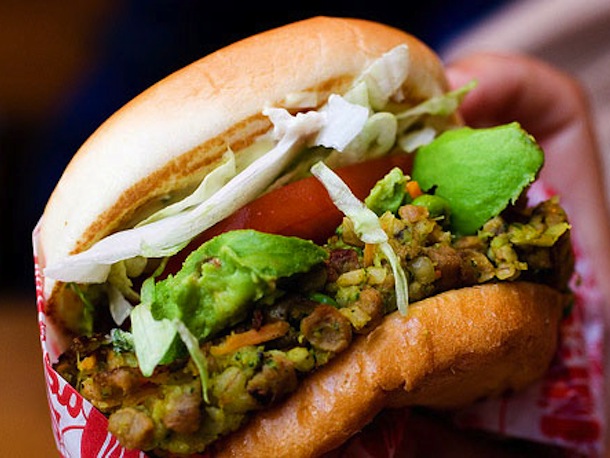
Your body is like a finely tuned biological clock. And there’s an important nutrient that can help it “take a licking” as the old Timex commercial used to say, and protect you from cancer, heart disease, inflammation and other maladies. The nutrient is lipoic acid. According to scientists at Oregon State University, lipoic acid resets the body’s internal clock (its circadian rhythm) improves the heart’s response to stress, keeps your hormones in balance, helps muscles perform more efficiently, balances blood sugar and slows the aging process. Lipoic acid is a potent antioxidant used for aerobic metabolism. The best food sources include leafy vegetables like broccoli and spinach as well as organ meats. “This could be a breakthrough in our understanding of why lipoic acid is […] Read More








